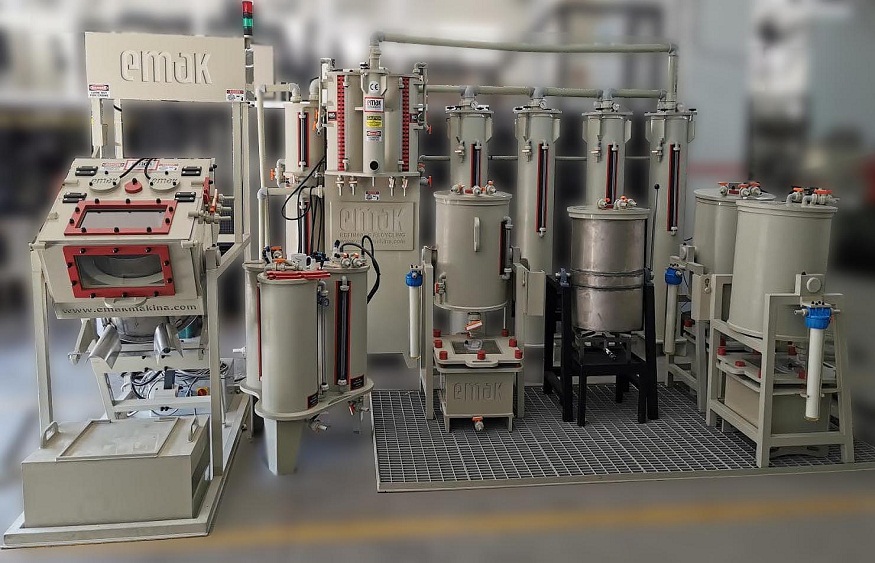The precious metal rhodium is well-known for its remarkable qualities, such as strong catalytic activity and resistance to corrosion. The need to recycle rhodium to save resources and lessen environmental effects grows along with its consumption. It is necessary to comprehend the dynamics and procedures of the rhodium recycling market in Singapore, a centre of commerce and industry, in order to navigate its operations. In this post, we’ll explore the realm of rhodium recycling, paying particular attention to the conditions of the Singaporean market and recycling procedures.
1. Understanding Rhodium
Together with platinum and palladium, rhodium is a part of the platinum group metals (PGMs). It is mainly used in catalytic converters, which aid in lowering dangerous car emissions. Because of its special qualities, rhodium is also used in jewellery, electronics, and chemical manufacture.
2. Singapore’s Rhodium Recycling Market
Singapore is a major trade centre for rhodium and other precious metals. Metal dealers and recyclers find the nation to be a desirable site due to its advantageous location, well-established infrastructure, and strong regulatory environment. Singapore’s rhodium recycling industry is expanding and driven by a number of sectors, including manufacturing, electronics, and the automobile sector.
3. Sources of Scrap Rhodium
There are many sources of rhodium scrap, but one of the main ones is vehicle catalytic converters. Platinum, palladium, and rhodium are among the precious metals found in end-of-life catalytic converters. Jewellery, industrial catalysts, and electronics are further sources of scrap rhodium.
4. Methods for Recycling Rhodium
Rhodium recycling is a multi-step process that begins with scrap gathering and ends with metal refinement. Specialised refiners, recycling facilities, and scrap metal traders gather rhodium scrap in Singapore. After that, the scrap is purified, treated, and sifted to remove any remaining rhodium. Processes including crushing, smelting, shredding, and chemical refining may be involved.
5. Economic and Environmental Advantages
Recycling rhodium has major positive effects on the environment and the economy. By recycling rhodium, we lessen the need for fresh extraction and mining, protect natural resources, and lessen the negative effects of metal manufacturing on the environment. Furthermore, by restoring precious metals into the manufacturing cycle, rhodium recycling promotes resource efficiency and reduces waste, all while contributing to the circular economy.
6. Challenges and Considerations
Rhodium recycling is important, but it also has a number of drawbacks. Price fluctuations, market instability, and technical limitations may impact the sustainability of recycling operations. Furthermore, it is essential to handle and treat rhodium scrap properly to limit contamination to the environment and guarantee worker safety.
7. The Regulatory Environment
Singapore has a strong legal system that controls the trading and recycling of precious metals, including rhodium. By regulating the licensing and behaviour of precious metal dealers, the Precious Stones and Precious Metals (Prevention of Money Laundering and Terrorism Financing) Act promotes accountability, transparency, and integrity in the sector.
8. Prospects and Trends for the Future
The recycling market in Singapore is certain to increase as long as the demand for rhodium is high. The rhodium recycling industry has room to expand and flourish because of advancements in recycling technology, growing environmental consciousness, and government backing for recycling programmes.
In Summary
In Singapore, recycling rhodium is essential for resource conservation, minimising environmental damage, and advancing sustainable lifestyles. Understanding market trends and recycling procedures is crucial for successfully navigating the rhodium recycling sector. Singapore can gain the economic rewards of a strong recycling economy and contribute to a more sustainable and ecologically responsible future by adopting rhodium recycling.



